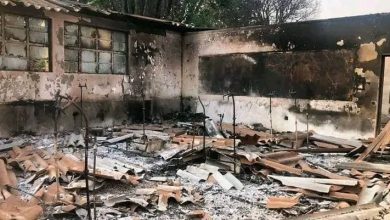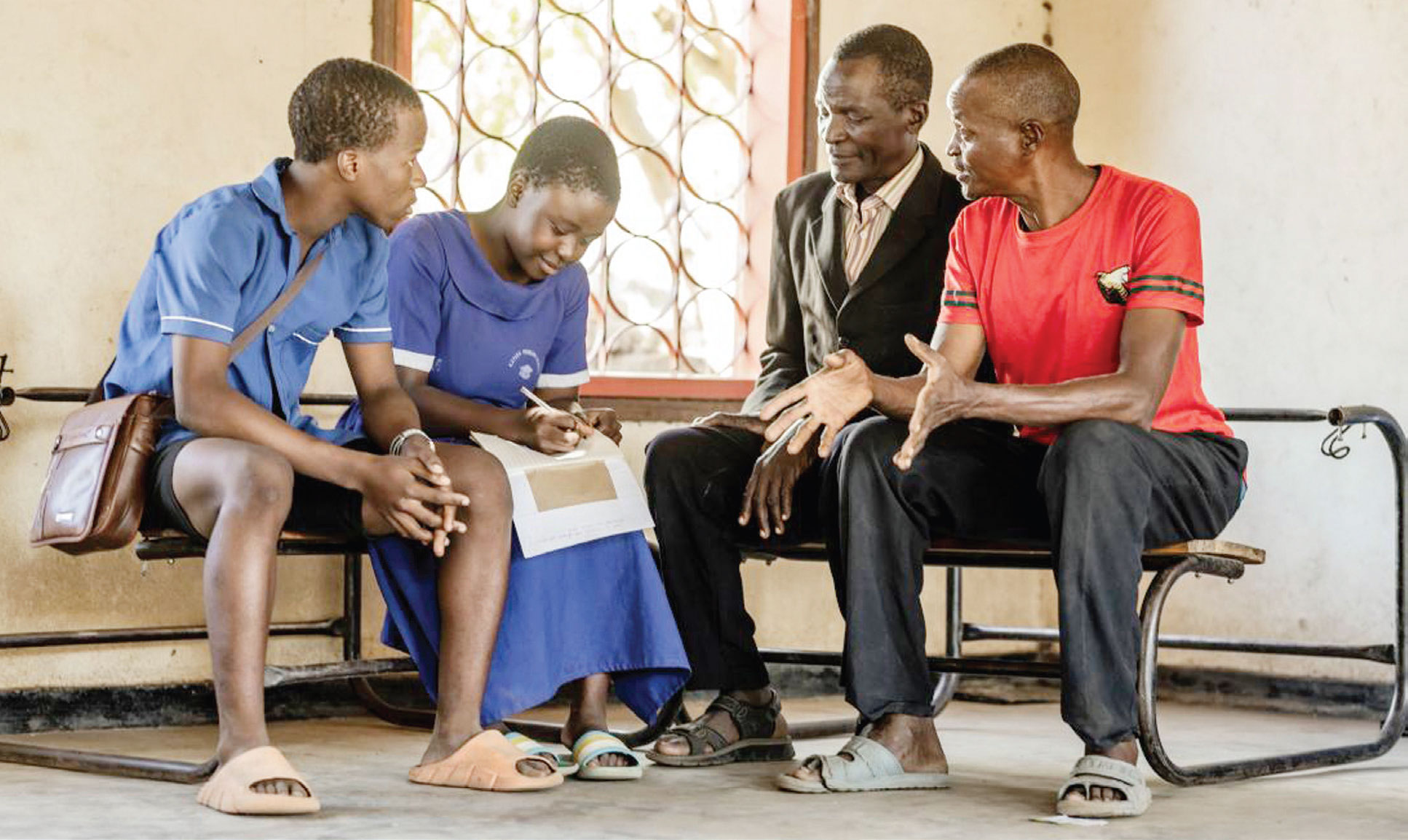Bringing school classes to paediatric wards
At only nine, Stanford Mwale [not real name] dreams big. He wants to become a structural designer but he does not seem to know it yet.
Like most children his age, the Standard Three pupil at Kalambo Primary School in Lilongwe’s Area 25 loves play. But it has been some time since he played football, his favourite sport. This is because he is ill. Stanford has been glued to a hospital bed in the paediatric ward at Kamuzu Central Hospital since November last year.

His 36-year-old mother, Alifosina, says she is worried with his long illness.
“Of course, he misses his friends back home, but it is his schooling I am worried about. If we stay here much longer, his class performance will be affected,” she says.
Stanford is among children with prolonged illnesses in the hospital’s paediatric ward.
According to the hospital’s head of Paediatric Department Dr Ajip Phiri, some children stay longer than anticipated due to the nature of their disease, availability of relevant tools and resources; thereby having some negative impact on a child’s mental development.
“Some can stay for as long as eight months in the ward. For the child, the place becomes like a home, but a hospital ward is not a great place to raise a child in.
“With such overcrowding, chances are that the child can catch other infections apart from the ones they came here for. But most importantly, it is their mental growth that stands to get retarded with each passing day,” he explains.
However, the situation outside the confines of the country’s hospital is not that comforting either, such that Unicef warns that most children in Malawi will not develop to their full potential.
In its report, Changing Lives: A Portrait of Children in Malawi, Unicef cites several factors such as challenges the education sector currently face including lack of school materials for both pupils and teachers, the high teacher-to-pupil ratio [estimated at one teacher for every 107 pupils], and chronic hunger among the children.
“Even after abolishing school fees in 1994,” the report reads in part; “the quality of education remains poor.”
But with only 30 percent of the estimated 2.5 million children aged between two and five years said to be attending either a pre-school or a community-based childcare centre, Dr Phiri feels those confined in such wards across the country’s health facilities deserve more than medical care.
In the case of Stanford, the five months he has been in hospital will lead him to repeat as his classmates are just a term away from earning promotion.
“That is what we would like to help change,” says Phiri.
This is why a few months ago, the ward started offering some lessons to children spending more time at the ward to help them catch up with their counterparts back home. Unfortunately, the initiative was short-lived as it was being run by volunteers who left after their tenure expired.
However, a new ray of hope has just flickered. Ironically, it came wrapped in Stanford’s career choice!
Contracted to come up with designs of a guardian shelter for the ward by Alliance One Tobacco (Malawi) Limited, managing partner for Design Studio Architects, the late Michael Lwanda, skilfully added a classroom to help advance the education of the beneficiary children. Luckily for him, his client bought his crafty idea and agreed to foot the whole bill!
Today, the infrastructure, donated recently through Principal Secretary for Health Dr Charles Mwansambo, stands just adjacent to the paediatric ward with an inscription of his name on it.
According to Alliance One corporate affairs manager Fran Malila, Lwanda had an excellent working relationship with the company.
“He influenced us to think beyond a mere donation and look seriously into the lives of the benefiting children admitted in the paediatric ward. He never hid his pain at seeing tens of children missing classes due to protracted illnesses.
“Unfortunately, death pulled a fast one on him with just a month ahead of the scheduled completion of the project. The idea to name the infrastructure after him was thus unanimous at management level,” Malira explains.
The tobacco company has since pledged some desks for the ‘school’ to be run by the referral health centre at departmental level.
Excited, Dr Phiri revealed that talks are already underway with some volunteer teachers to help resuscitate the school. With that, Stanford and other patients like him will not have to worry about missing out on school!





